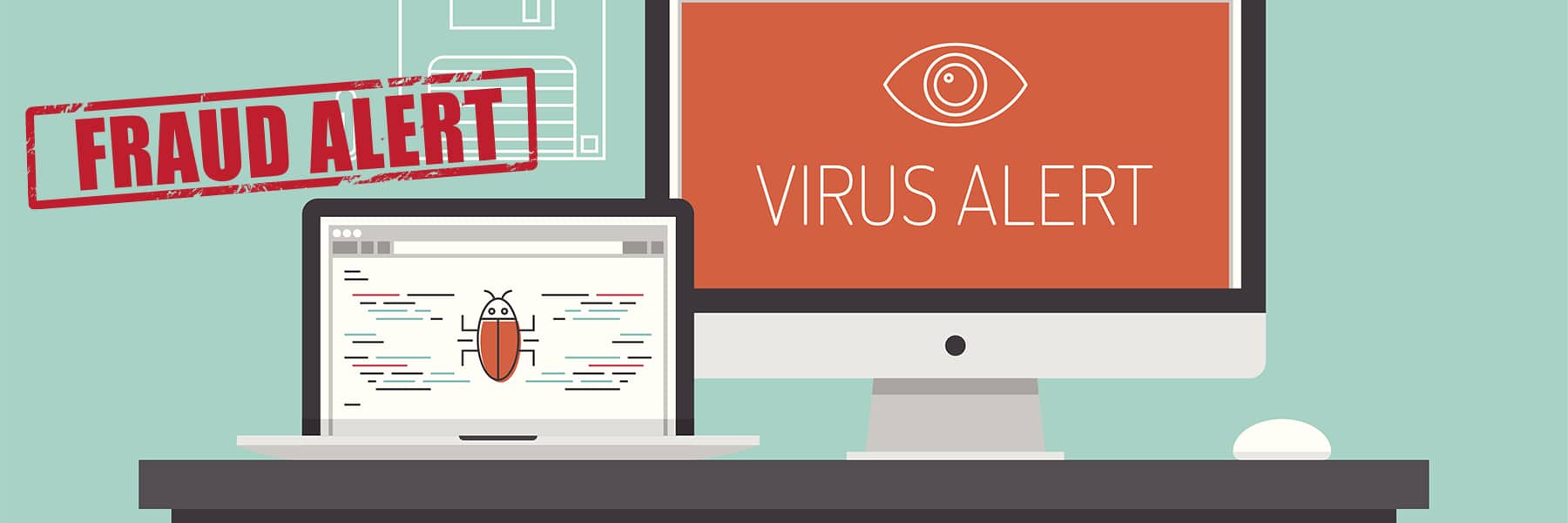
A new development in spoofing scams have been circulating in workplaces. The email appears to be from a boss or colleague requesting assistance on an unspecified or vague matter, but unlike past scam attempts, the sender email address displays as the legitimate address of your colleague. The real sender’s email address is only shown if you try to reply to the email. Here is one example:
From: [boss’s/colleague’s legitimate email]
To: [your email]
Subject: Follow Up [OR could be Invoice, etc., always vague]
Have you got a minute, I need you to complete a task for me discreetly. P.S : I am in a meeting and I can’t talk. So just reply me back.
OR
We got an invoice for maintenance and repairs totalling $8,986.68. Could you please confirm whether we can cover these expenses right now?
Any follow-up replies will likely attempt to request a money transfer or purchase of goods (e.g. gift cards). In general, if you receive an email about invoices or bank accounts, and/or saying something like “This is urgent. Please do not call me but reply ASAP”, it is likely to be spam.
If you receive such an email, and wish to verify the nature of the request, simply begin a new email thread to your boss or colleague (without responding to the original email), to confirm its legitimacy.
As always, links and attachments in unsolicited or unanticipated emails should not be accessed unless the sender can be positively verified, as they may contain viruses. These emails may also be attempting to steal your email password with a phony invoice payment request from a company or contact with whom you may have conducted business, or lure you into downloading a virus attached to or linked from the email.
If the attachment or link is opened and the user does not have anti-virus software or firewall programs on their computer, their system could be infected.
For tips to avoid being victimized, and to report or seek advice on dealing with fraud and scam attempts, contact Cynthia Nield at cnield@lians.ca or 902 423 1300, x346.
